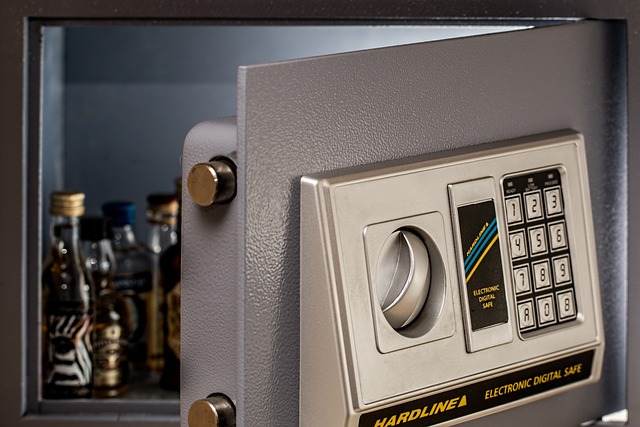This article aims to provide pet owners with a comprehensive guide on safe human foods that can be given to their pets. While it’s always best to stick to a balanced and nutritionally complete commercial pet food, there are certain human foods that can be safely shared with your furry friends in moderation. However, it’s essential to note that certain foods can be toxic or cause allergies, so it’s crucial to introduce new foods slowly and in small amounts. In this article, we’ll explore the safest human foods for dogs, cats, and other popular pets.
A well-balanced diet is crucial for maintaining your pet’s overall health and well-being. While commercial pet food is formulated to meet their nutritional needs, there are certain human foods that can be safely shared with them in moderation. Here are some guidelines to keep in mind when introducing new foods into your pet’s diet:
**Foods to Avoid:**
* Onions and garlic: These belong to the Allium family and contain a compound that can cause anemia in dogs.
* Chocolate: Contains theobromine, which can be toxic to dogs and cats.
* Grapes and raisins: Can cause kidney failure in dogs and cats.
* Macadamia nuts: Can cause weakness, depression, and tremors in dogs.
* Xylitol: A sugar substitute commonly used in sugar-free products, which can cause a rapid drop in blood sugar and even liver failure in dogs.
**Safe Foods for Dogs:**
* Cooked chicken or turkey
* Cooked fish (remove bones and skin)
* Sweet potatoes
* Carrots
* Green beans
* Pumpkin
* Apples (without seeds or cores)
* Bananas
**Safe Foods for Cats:**
* Cooked chicken or turkey
* Cooked fish (remove bones and skin)
* Plain yogurt
* Canned tuna (in water, not oil)
* Cooked eggs
* Small amounts of green beans or peas
**Foods to Be Cautious With:**
* Raw or undercooked meat, poultry, or eggs: Can contain bacteria like Salmonella or E. coli.
* Milk and dairy products: Can cause digestive issues in some pets.
* High-sodium foods: Can cause dehydration and electrolyte imbalances.
**Tips for Introducing New Foods:**
* Start with small amounts (about 1/4 teaspoon per pound of body weight) and gradually increase the amount over time.
* Choose fresh, organic ingredients whenever possible.
* Avoid giving your pet table scraps or leftovers, as they can be high in fat, salt, and other unhealthy ingredients.
By following these guidelines and introducing new foods slowly and in moderation, you can provide your pet with a balanced and varied diet that meets their nutritional needs. Remember to always consult with your veterinarian before making any changes to your pet’s diet.
If you’re unsure about what human foods are safe for your pet or have concerns about their diet, it’s always best to err on the side of caution and stick to a balanced commercial pet food. With a little creativity and planning, you can create a delicious and nutritious meal plan that will keep your furry friend happy and healthy.
Conclusion:
A well-balanced and varied diet is crucial for maintaining your pet’s overall health and well-being. By introducing new foods slowly and in moderation, you can provide your pet with a nutritionally complete diet that meets their needs. Always consult with your veterinarian before making any changes to your pet’s diet.
Tags: Safe Human Foods for Pets, Pet Nutrition, Healthy Diet for Dogs, Healthy Diet for Cats
